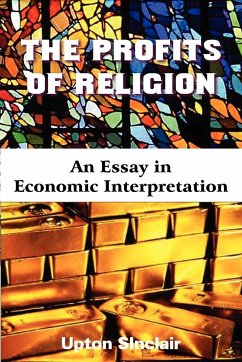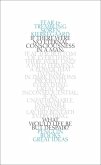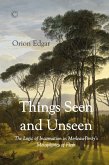Save for his raucous, rhapsodical autobiography, Ecco Homo, The Antichrist is the last thing that Nietzsche ever wrote, and so it may be accepted as a statement of some of his most salient ideas in their final form. Notes for it had been accumulating for years and it was to have constituted the first volume of his long-projected magnum opus, "The Will to Power." Of all Nietzsche's books, The Antichrist comes nearest to conventionality in form. It presents a connected argument with very few interludes, and has a beginning, a middle and an end. Most of his works are in the form of collections of apothegms, and sometimes the subject changes on every second page. This fact constitutes one of the counts in the orthodox indictment of him: it is cited as proof that his capacity for consecutive thought was limited, and that he was thus deficient mentally, and perhaps a downright moron. Friedrich Wilhelm Nietzsche was a 19th-century German philosopher, poet, composer and classical philologist. He wrote critical texts on religion, morality, contemporary culture, philosophy and science, displaying a fondness for metaphor, irony and aphorism.
Bitte wählen Sie Ihr Anliegen aus.
Rechnungen
Retourenschein anfordern
Bestellstatus
Storno









